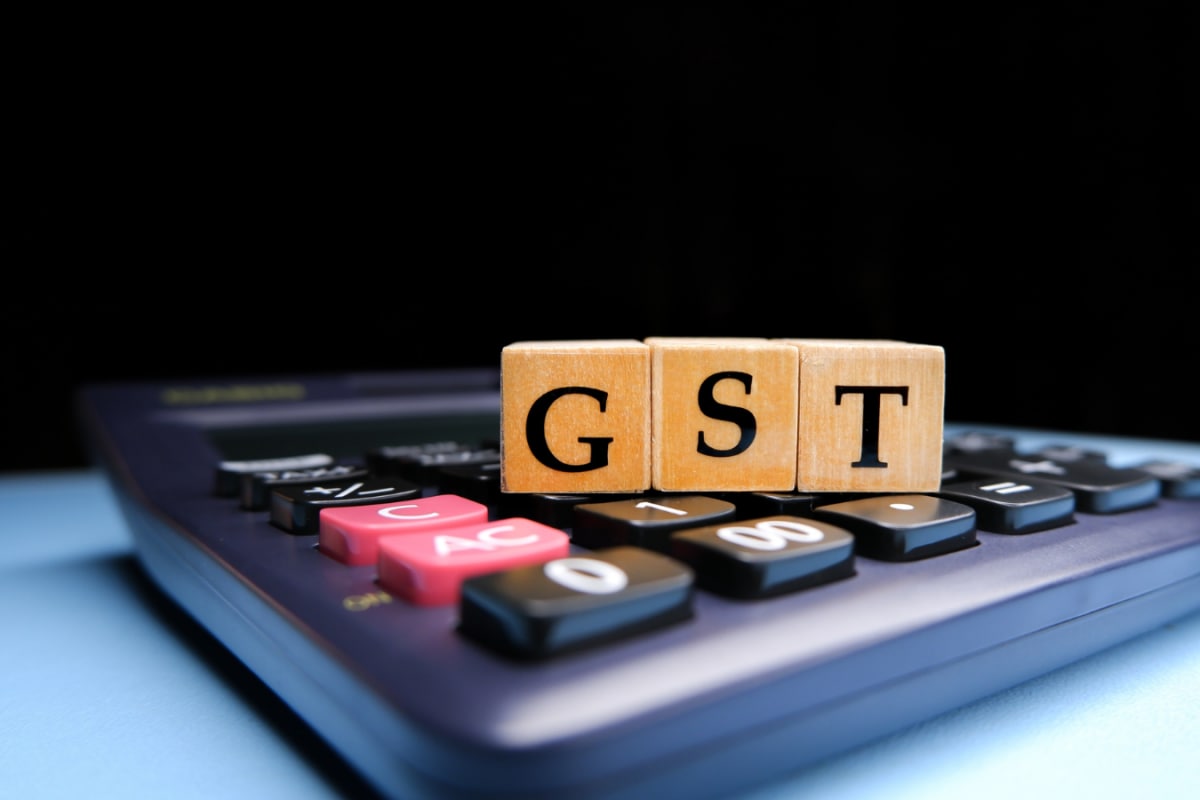

The Goods and Services Tax (GST) Council is likely to approve proposals designed to expedite business registrations and accelerate the issuance of refunds, potentially offering significant relief and ease of doing business for enterprises, especially MSMEs.
One of the key proposals under consideration is reducing the GST registration timeline to a mere three days for the majority of applicants. This expedited registration process, utilizing a "green channel" mechanism based on risk metrics, is expected to benefit new and small businesses significantly. It will particularly help entrepreneurs and startups by removing a major hurdle in commencing business operations. In December 2024, the GST Council had already given in-principle approval to categorizing businesses into 'New/small businesses', 'Deemed Trusted Businesses', and 'Emerging Businesses' to streamline GST registration. This categorization allows for a quicker registration process for those new or small businesses that either do not wish to pass on input tax credit (ITC) or wish to pass on a limited ITC.
In addition to faster registrations, the GST Council is also considering measures to ensure quicker refunds, particularly for exporters. A proposal has been made to process GST refunds for exports within seven days, a move intended to boost liquidity for exporters. Furthermore, there is a push for automated GST refunds for exporters and those with an inverted duty structure, which will significantly reduce manual intervention and the time taken for disbursal. It is expected that a substantial majority, approximately 80%, of refunds will be processed as soon as the application is filed. Provisional refunds of up to 90% of claims are likely to be issued to non-risky taxpayers, and refunds stuck under the inverted duty structure for the textile and pharmaceutical sectors are expected to be approved within seven days.
These measures are part of a broader restructuring of the GST system aimed at enhancing transparency, predictability, and taxpayer confidence. The changes are intended to address long-standing concerns of businesses, particularly MSMEs, which often face working capital constraints due to refund delays. Automating refunds and ensuring near-instant registration will help enterprises save time, improve cash flows, and reduce compliance costs.
The GST Council is also discussing the implementation of pre-filled GST returns to reduce manual intervention and eliminate mismatches, further easing the compliance burden for GST-registered taxpayers.
These potential reforms align with the government's commitment to ease of doing business through deregulation and simplified policies. Prime Minister Narendra Modi has emphasized "next generation" GST reforms focused on structural reforms, rate rationalization, and ease of living. The GST Council is also considering broader changes, including simplifying the GST structure into two primary slabs: 5% and 18%, alongside a new 40% slab for sin goods and luxury items.
The measures being considered by the GST Council represent a significant step towards streamlining the GST system, reducing the compliance burden on businesses, and promoting ease of doing business in India.